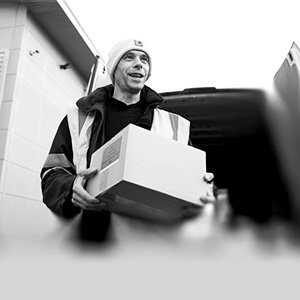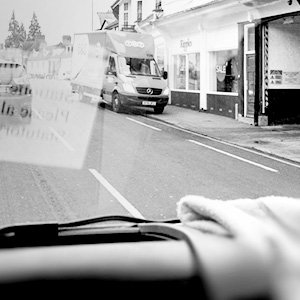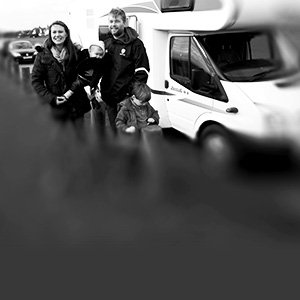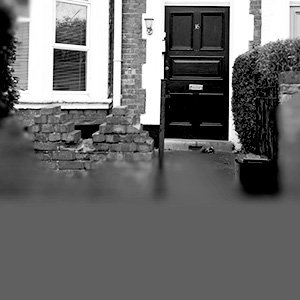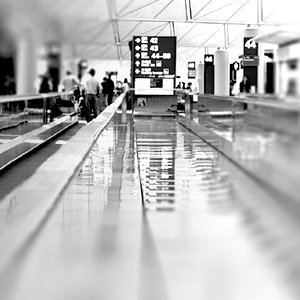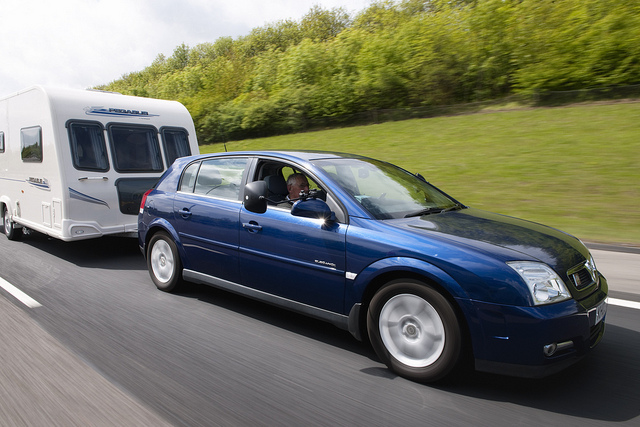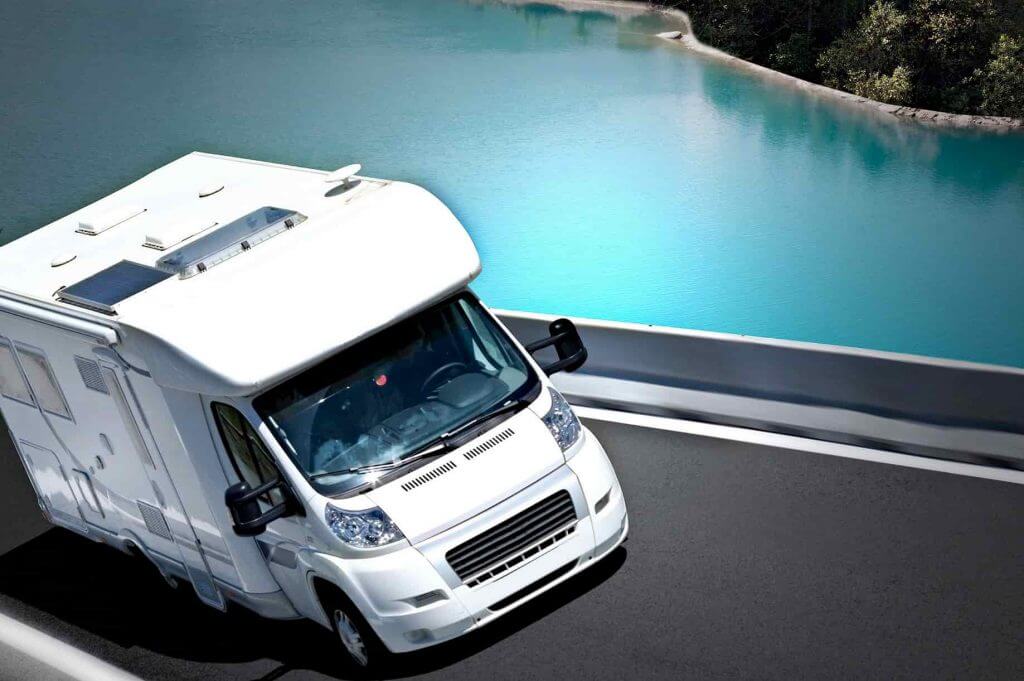There’s a paradox to owning a caravan. The bigger it is the more luxurious and spacious it becomes, you can sleep more people, the washing facilities are better and the kitchen will be more generously equipped.
Image source: Highways England on Flickr
But it’ll also be heavier and more cumbersome. And that means your car isn’t fit for purpose it could have a real problem pulling it. Worse still, it will have an even bigger problem when you’re driving down a steep hill and you’re trying to stop it.
If you’ve owned a caravan for years then you’ve probably found exactly the right vehicle for the job. But if you’re new to this world – or if you’re still not entirely happy with your car – then there are some great ones we’ve found for you later in this blog.
But before you fall in love with one of them and sell your car, let’s start with the facts.
Your caravan – in fact, this applies to anything you’re towing – should weigh no more than 85% of the kerb weight of your vehicle (this is how much it weighs without any occupants, luggage etc).
In other words, the heftier the tow weight the heftier the tow car needs to be, so check the weight of both in your owner’s manuals and work out the ratio from there. If your car to caravan weight ratio does not add up than one or the other will have to go. By the way, if you’re new to caravanning or towing then really you should aim for a lower ratio, just to be on the safe side.
There’s another thing to think about. Modern cars are much more powerful than those of 10 or 20 years ago. Smaller engines provide more horsepower, which is great in one sense, but don’t be fooled into thinking these will pull your caravan safely. It’s that kerb weight ratio you need to consider.
It’s also a good idea to check the noseweight of your caravan (this is the maximum load a caravan can safely put onto the tow ball). This is hugely important, as if the caravan is too light then it will become unstable, potentially lift up then raise the rear of your car. Too heavy, and the opposite will apply – you’ll find the front wheels of your car up in the air. Again, check your owner’s manual for the correct figure for your car and cross check that against the caravan manual.
There’s lots to bear in mind here, and rightly so. But if you’re in the market for a new vehicle to pull your home on wheels, what single UK car does the job the best? Well, there isn’t one – there are several. From Audis to Range Rovers, from VWs to Fords, each car has its own strengths and style that make them superb choices.
At the top end of the market there is the tow car of the year 2010, the outstanding Land Rover Discovery at £40,000. Others are simply beautiful like the Audi A6 Allroad, which has been praised by practical caravan for its poise in all weathers and excellent stability.
But the 2015 tow car of the year is the SEAT Leon ST 2.0 TDI 184 FR (from around £23,000). It’s a great family car, looks good, is well built, and is fun to drive – even when pulling a caravan. It’s powerful, practical too (returns 65mpg) and there’s plenty of legroom and headroom in the back for the rear three passengers.
But what’s really smart is that SEAT has thought of caravanners. You can opt for a detachable tow bar (£701), a protective flexible load liner (£69) and a 27-litre electric cool box that plugs into the boot’s 12V socket (£145).
And if you’re going further abroad you can get the Tech Pack (£1,075), which includes LED headlamps, SatNav and DAB radio. Clever stuff.
